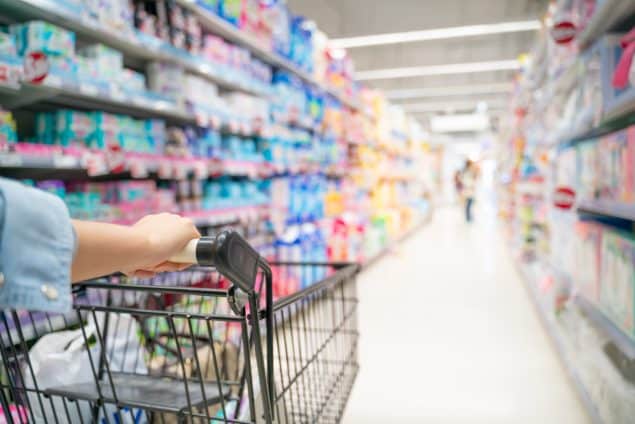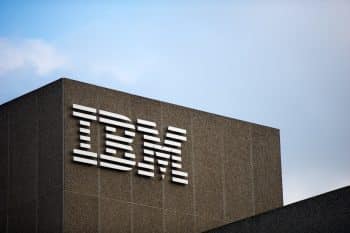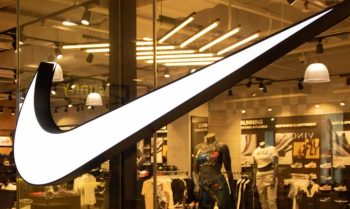Home » US business news » Small businesses hit by new rules on supply to giants like Walmart and Target
Small businesses hit by new rules on supply to giants like Walmart and Target
https://www.whatjobs.com/news/usa/us-business-news/small-businesses-hit-by-new-rules-on-supply-to-giants-like-walmart-and-target

By Nagasunder in US business news, posted October 5, 2022

Large retailers like Walmart and Target are tightening restrictions on orders from their vendors as they struggle with supply-chain snarls, inflation, and increased automation.
The move is likely to have a massive effect on smaller suppliers who face being hit with massive penalty fines.
US retailers are returning with tougher standards and tighter expectations on how goods are received after the pandemic provided some leeway on deliveries.
But now, any deviation from strict compliance could result in penalties, such as fines or the loss of shelf space when contract negotiations arise.
READ MORE: INSTACART CUTS JOBS AND SLOWS HIRING AS THE RETAILER PLANS TO GO PUBLIC.
This presents a particular problem for small brands, as they frequently lack the resources to thoroughly examine shipments.
Marta Cros, the owner of the natural skincare business Apto, experienced it firsthand after Walmart began carrying some of her goods last year.
She was hit with around $200,000 in losses as a result of the penalties and late payments brought on by a barcode error on an order of lip balms, she claimed.
READ MORE: JPMORGAN READIES OVERSEAS RETAIL EXPANSION WITH GERMAN HIRING SPREE
After arguing with the retailer for about 10 months, she eventually recovered about 90 percent of that.
Cros, who doesn’t blame Walmart , said: “You need to be very conscious about what you’re getting into.
“You can freak bankrupt your company if you’re not very careful.”
READ MORE: WINE RETAILER MAJESTIC SEEKS MASSIVE EXPANSION ACROSS THE UK
Retailers have undergone a variety of changes.
According to a source, Target is expanding the team responsible for monitoring orders.
According to David Friedler, managing partner at consumer goods consultancy Simpactful, the number of businesses charging supply-chain fees is also rising.
Walmart also recently implemented additional fees for vendors who use its transportation services.
Suppliers are also being told by big businesses their shelf space will now be evaluated more frequently than in the past.
According to another source, vendors whose products were consistently out of stock might have them quickly replaced.
READ MORE: FURNITURE RETAILER WAYFAIR TO CUT 870 JOBS
Retailers will also seek to capitalize on fads by quickly replacing and introducing new products, such as those sparked by social media.
Target said in recent years, navigating the "rapidly changing environment" has required its partnership with suppliers.
While the business expects vendors to deliver high-quality goods on schedule, it cooperates with them when problems arise.
READ MORE: SOFTWARE MAKER NEW RELIC TO LAYOFF 110 EMPLOYEES
Charges can make or break suppliers and ultimately have an impact on consumer prices.
Fines and fees can cost sellers as much as 12 percent of the amount they bill to Walmart, according to SupplyPike, a software company that helps vendors track and fight retailer deductions.
Retailers who have struggled with empty shelves for the past three years claim the penalties encourage vendors to streamline their supply chains in order to prevent out-of-stocks, which according to NielsenIQ cost consumer goods retailers $82 billion in 2021.
Need Career Advice? Get employment skills advice at all levels of your career
The manufacturers must pay the fines.
If consumer packaged goods companies didn't get their act together, sanctions for faulty shipments in the US could increase to $5 billion annually, according to a 2018 estimate from McKinsey.
Along with the new fuel surcharge, Walmart also introduced a pickup fee that was calculated as a percentage of the cost of the goods received.
Additionally, Walmart is introducing automated warehouses where products are received, stored, and retrieved by robots.
This means that labels and barcodes must be accurate and positioned correctly in order for machines to read them.
Source: Bloomberg
Follow us on YouTube, Twitter, LinkedIn, and Facebook.














